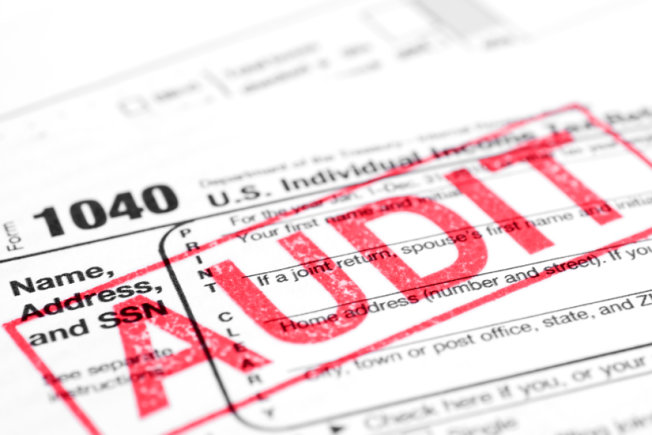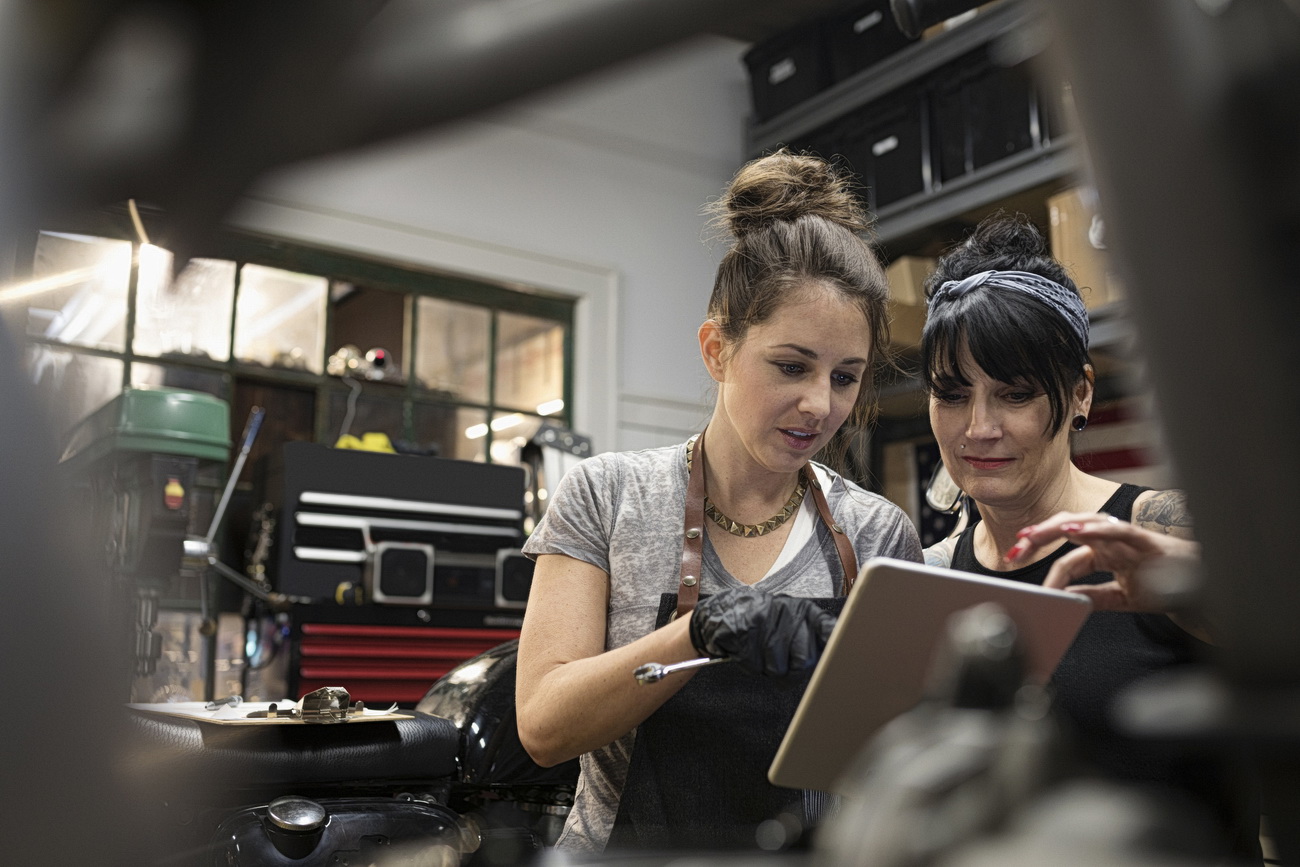Writing off business expenses can feel like a minefield. On the one hand, you want to make sure you deduct everything you can. But then again, you never know when HMRC might decide to audit you.
Here’s a look at what kind of business expenses you can write off.
What’s the difference between revenue and capital expenses?
HMRC allows you to write off two main types of business expenses:
- Capital expenses
- Revenue expenses
Capital expenses are large purchases which you’ll be using in your business for a reasonably long time. UK law doesn’t set out a specific timeframe. However, you’d expect to keep using a capital expense in your business for at least a year.
Capital expenses usually fall into one of three categories:
- Equipment
- Machinery
- Business vehicles
Examples of capital expenses include:
- Laptops, tablets and printers
- Vans and lorries
- Fittings and fixtures, for instance, if you have a shop
By contrast, revenue expenses are expenses which you incur during the day-to-day running of your business. They include:
- Professional fees, such as accounting and legal fees
- Marketing costs
- Stationery, such as printer paper, ink cartridges, envelopes, notebooks and pens
- Books and professional development courses
- Workwear
HMRC’s HS222 helpsheet has a table of the most common revenue expenses which you can write off.
How do I know if I can write off a business expense?
In general, you can only write off an expense if you’ve incurred it “wholly and exclusively” for business purposes. In other words, you must have incurred it in one of two situations:
However, there are cases where you can write off costs as a business expenses, even though they aren’t “wholly and exclusively” for business purposes. The two most common examples of this are:
- While doing business
- In order to attract more business
- Working from home
- Using your private car for business journeys
How do I tell HMRC I want to write off business expenses?
You’ll need to list the business expenses you want to write off in your self assessment tax return.
The amount of detail you have to include will depend on your turnover. You fill:
- Form SA103S if your turnover is less than £85,000
- Form SA103F if your turnover is more than £85,000
You only need to enter a total figure if you fill form SA103S. If, on the other hand, you have to fill form SA103F, you’ll need to list your expenses.
Either way, make sure you keep records of all your expenses, including receipts. You must keep your records for at least five years. HMRC has a right to check them to make sure you’re paying the right amount of tax.















